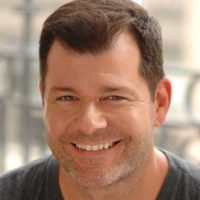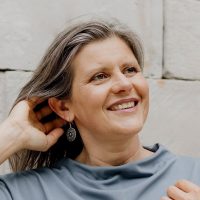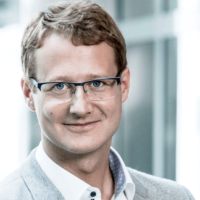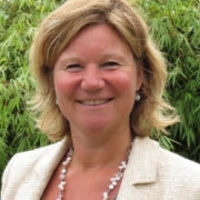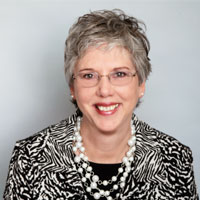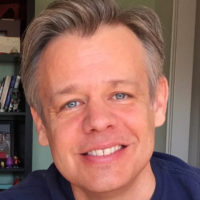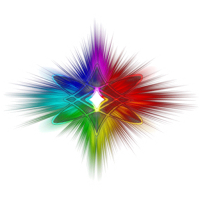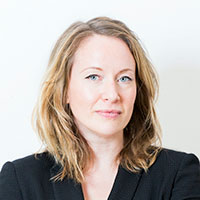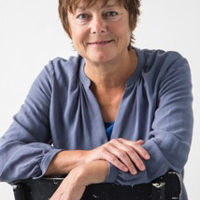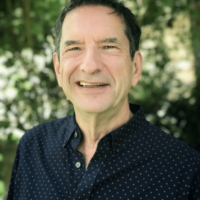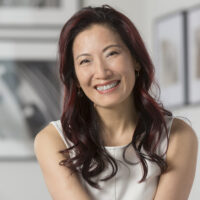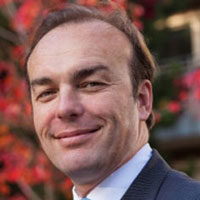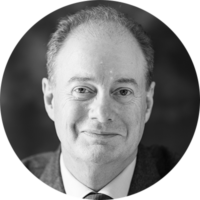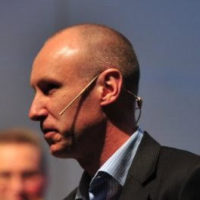Cultures and societies learn through collective experience. Our visions, dreams, and goals, as well as our challenges and conflicts, are vehicles for learning. You could say that how we experience life, both individually and collectively, is shaped by the lessons we currently face and how we choose to relate to those lessons. If we choose to step into the lesson and make the most of the learning opportunity, we can often take big strides forward. If we choose to avoid the discomfort or challenge of the lesson, we stagnate or move backward. When we choose not to learn lessons as they first come to us, they tend to come back around bigger and stronger the next time in order to get our attention. These lessons are a necessary part of our evolutionary process.
On the collective level, we are currently engaged in big lessons around opposition and power. In last week’s newsletter, I wrote about the “opposition” paradigm that currently shapes our experience and collective worldview. It creates a worldview that there is not enough, that we must fight for what we want, that there must be winners and losers. In fact, the conventional wisdom in this paradigm tells us that as long as we can maintain a system based on winners and losers, we can keep control of our world. If we are in control, then we can make sure that we always get what we want and need. (At least that’s what we tell ourselves.)
The paradigm that someone or a particular group is “in control” creates a feeling of power for a few and powerlessness for many others. As a mass consciousness, we often choose not to notice that getting what we want or need may be at someone else’s expense. We accept that this is just how it works. And the conventional wisdom tells us that, as individuals or small groups, there is nothing we can do about it. Because these beliefs are so embedded in the mass consciousness, this paradigm effects everything, sometimes very subtly, sometimes not so subtly.
Much is being written these days about these effects on a societal level and all that is happening in our world as a result. Yet if we want to actually transform this paradigm, we must begin with ourselves. Societal transformation begins with individual transformation. So what does this mean on a practical level?
When we live and work from the opposition paradigm, our first step when faced with a challenge is to push against the current reality. However, we can choose to create a new paradigm – a paradigm built on co-creation.
In the co-creation paradigm, the first step is to identify what new opportunity is hidden within the current situation and what new learning is available in the moment. I call this the co-creation paradigm because we are literally taking what is and partnering with it to co-create something new. There is no fight, no pushing against. When we listen, observe, and sense what potential is waiting to emerge and then partner with that potential, we begin to create new realities.
I’m not saying that this is always easy. But I also know that this approach will carry us much farther than the opposition paradigm that mostly keeps us stuck where we are. We end up spending all of our energy fighting against what we don’t want instead of co-creating with a new potential that is waiting to emerge.
The challenges facing our small businesses, corporations, and governments are just different manifestations of the same challenges we face as individuals. When enough individuals make different choices, those choices will start to be mirrored at the business, corporate, and government levels as well. Therefore, the first step is for us to become much more aware of how the “opposition” paradigm shows up through us in our individual lives and then consciously choose the “co-creation” paradigm instead.
Global transformation begins with personal transformation. That means you and me. As you and I make different choices, those choices lead to new kinds of relationships. New kinds of relationships lead to new ways of being and doing in the world around us. When it appears that these new ways of being and doing are creating a better life, they become contagious. As we transform as individuals, that transformation spirals out into the mass consciousness.
How do you transform the world? Start by shifting from an opposition paradigm to a co-creation paradigm in your own life and work. And then watch how the world around you starts to transform.
If you enjoyed this blog post and found it helpful or inspiring, I invite you to subscribe to my free weekly newsletter by clicking here.





